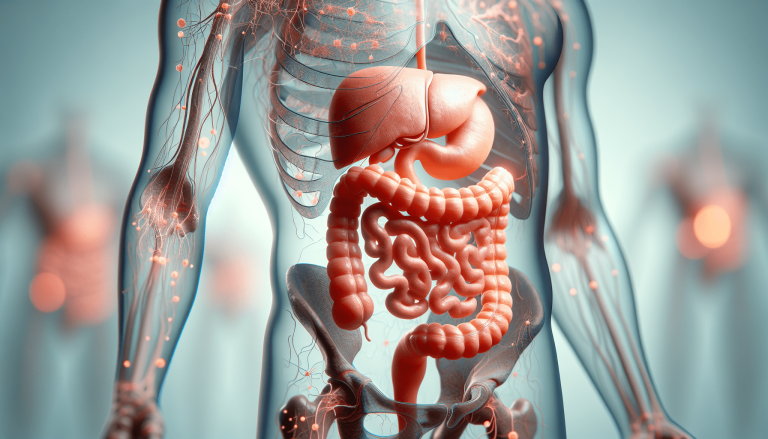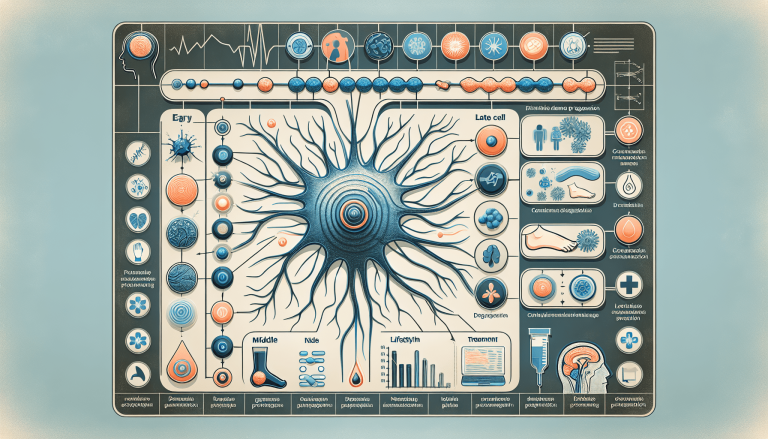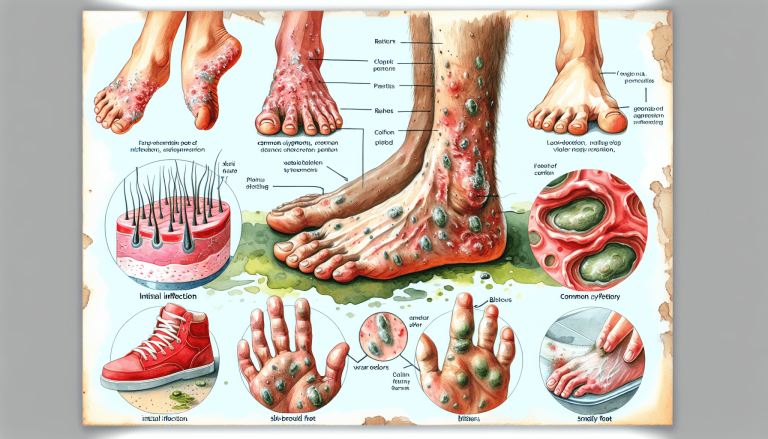What Are The Symptoms Of Poor Digestion?
Are you experiencing frequent bloating, stomach pain, or indigestion? If so, you might be suffering from poor digestion. Understanding the symptoms of poor digestion can help you identify the root cause of your discomfort and find the right solutions to improve your digestive health. From heartburn to constipation, this article explores some common signs that indicate an imbalance in your digestive system. So, if you’ve been wondering about the symptoms of poor digestion, keep reading to regain control of your digestive well-being.
Symptoms of Poor Digestion
Digestion is a vital process that our bodies rely on to break down food and absorb nutrients. When the digestive system is functioning properly, we often take it for granted. However, when there is an issue with digestion, it can lead to a range of uncomfortable symptoms that can significantly impact our daily lives. In this article, we will explore some common symptoms of poor digestion and how they can manifest in our bodies.
Abdominal Discomfort
One of the most noticeable symptoms of poor digestion is abdominal discomfort. This can include feelings of fullness, pressure, bloating, or even pain in the stomach area. You may experience a sensation of heaviness or tightness in your abdomen, making it uncomfortable to move around or engage in daily activities. Abdominal discomfort is often a sign that your digestive system is struggling to process food efficiently.
Increased Gas and Bloating
Another common symptom of poor digestion is increased gas and bloating. Excessive gas can lead to uncomfortable and embarrassing situations, causing you to feel self-conscious in social settings. Bloating, on the other hand, is the feeling of fullness and tightness in your abdomen due to an accumulation of gas. It can make your stomach appear distended and can be accompanied by abdominal pain. Both increased gas and bloating are indications that food is not being properly digested.
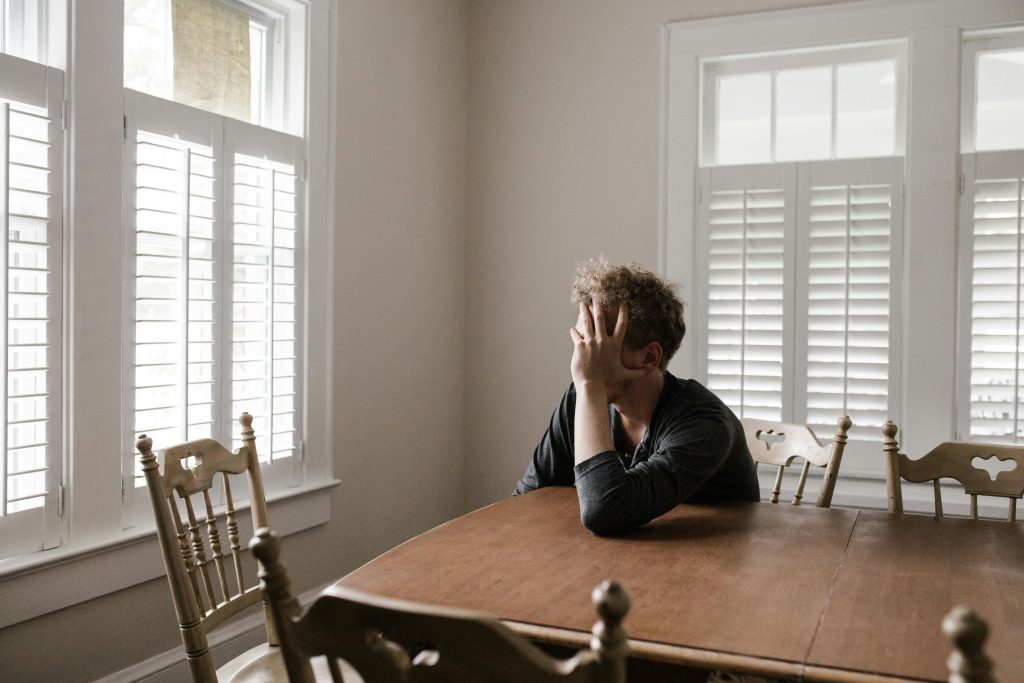
Constipation
Constipation is a symptom of poor digestion that can lead to significant discomfort and frustration. It occurs when bowel movements become infrequent or difficult to pass. You may experience dry, hard stools or a sense of incomplete evacuation. Not only can constipation cause physical discomfort, but it can also impact your overall well-being and quality of life. It is essential to address constipation promptly to prevent further complications.
Diarrhea
On the other end of the spectrum, poor digestion can also manifest as diarrhea. Diarrhea is characterized by loose, watery stools and can be accompanied by abdominal cramps and urgency to use the restroom. It can lead to dehydration and electrolyte imbalances if not managed properly. Diarrhea is a sign that your digestive system is not absorbing water and nutrients properly, resulting in a rapid transit of food through your intestines.
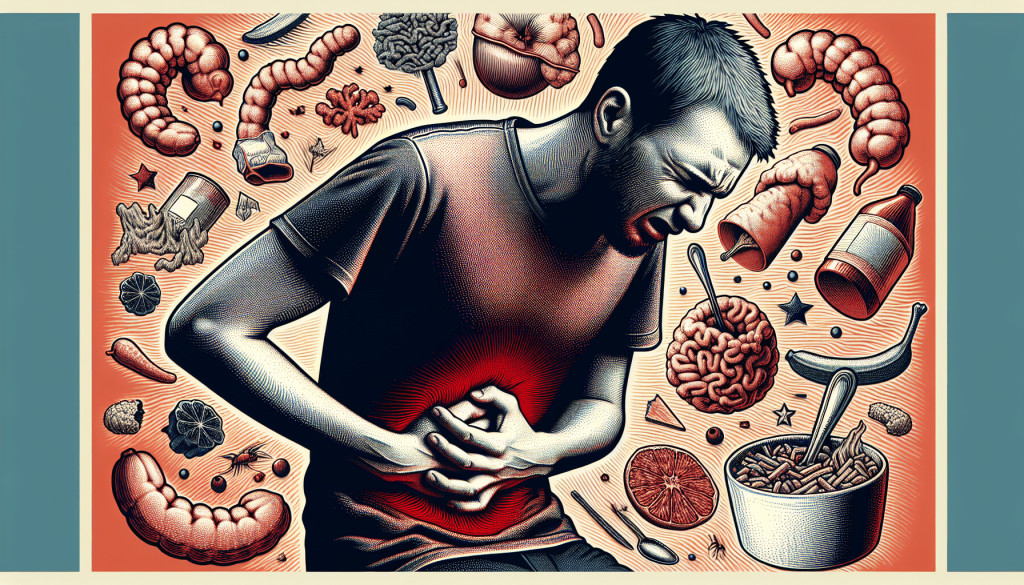
Unexplained Weight Fluctuations
If you notice unexplained weight fluctuations despite maintaining a consistent diet and lifestyle, it may be a sign of poor digestion. If your body is not adequately digesting and absorbing nutrients, it can lead to weight loss or weight gain without an apparent cause. For example, malabsorption of fats can result in weight loss, while poor breakdown of carbohydrates can contribute to weight gain.
Acid Reflux or Heartburn
Acid reflux and heartburn are common symptoms of poor digestion that can cause considerable discomfort. Acid reflux occurs when the stomach acid flows back into the esophagus, causing a burning sensation in the chest known as heartburn. This can happen due to a weakened lower esophageal sphincter or improper digestion of food. If left untreated, chronic acid reflux can lead to more severe complications.

Feeling Full After Eating Small Amounts
Do you often feel full after eating only small amounts of food? This can be a symptom of poor digestion. When your digestive system is not functioning optimally, it may take longer to break down food, leading to a prolonged feeling of fullness. This can be frustrating and may make it challenging to meet your nutritional needs, especially if you find it difficult to eat larger meals.
Nausea and Vomiting
Nausea and vomiting can also be symptoms of poor digestion. If your stomach is not effectively breaking down food or if there is a blockage in your digestive tract, it can result in feelings of nausea and the urge to vomit. Nausea and vomiting can be caused by various factors, so it is essential to consult a healthcare professional to determine the underlying cause and appropriate treatment.

Malabsorption of Nutrients
Proper digestion is crucial for the absorption of nutrients from the food we eat. When digestion is impaired, it can lead to malabsorption of essential vitamins, minerals, and other nutrients. This can result in deficiencies that contribute to a wide range of health issues. Common nutrient deficiencies associated with poor digestion include iron, vitamin B12, calcium, and fat-soluble vitamins like vitamins A, D, E, and K.
Changes in Bowel Movements
Lastly, changes in bowel movements can be indicative of poor digestion. If you notice significant changes in the frequency, consistency, or appearance of your stools, it may be a sign that your digestive system is not functioning optimally. This can include anything from constipation and diarrhea to abnormal colors or mucus in your stool. It is essential to pay attention to your bowel movements as they can provide valuable insights into your digestive health.
In conclusion, poor digestion can manifest in a variety of symptoms that can significantly impact our quality of life. From abdominal discomfort and increased gas to constipation, diarrhea, and unexplained weight fluctuations, it is essential to pay attention to the signals our bodies are giving us. If you are experiencing any of these symptoms, it is recommended to consult a healthcare professional for a proper diagnosis and appropriate treatment. Taking care of our digestive health is essential for overall well-being and can help us lead a more comfortable and fulfilling life.
Additional Resources

If you are fighting digestion issues on a daily basis (diarrhea, constipation or both) – you need to know this.
Scientists have discovered a strange tea recipe that can fix your digestion process for good no matter the cause of it… One doctor even found this tea COMPLETELY eliminates the root cause of your digestive issue.
And another study by doctors in the Philippines found more powerful and safer than any medication, diet or unpleasant enemas.
Imagine being finally able to poop without pain or being worried about the shameful accidents. Anyone can make this poop-aid tea at home with a few quick ingredients. Amanda B., a 47-years-old in Connecticut just wrote in to share her experience with this homemade tea: “It’s been 4 years already since I tried this and still no sign of constipation ever since”
Find out how right here:


